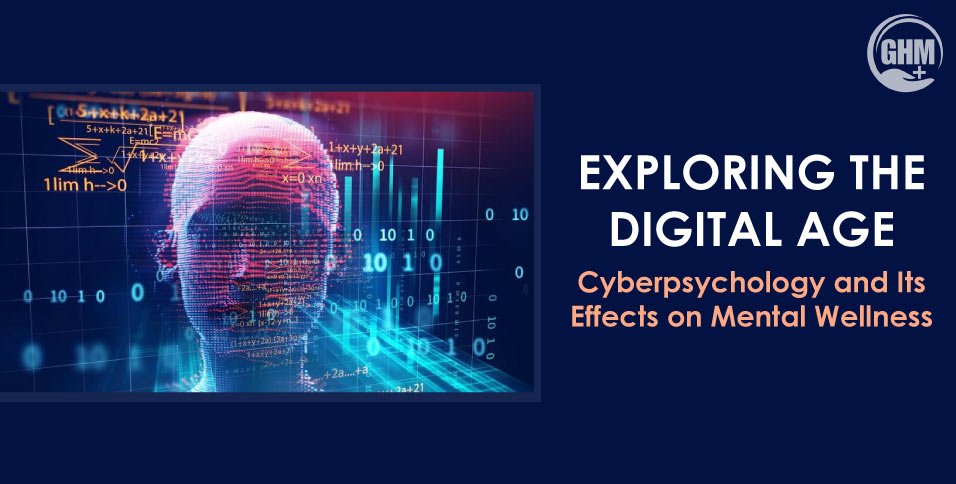In today’s hyper-connected world, where screens are ubiquitous and the internet is an integral part of daily life, a relatively new field of psychology has emerged to study the impact of digital technologies on our mental well-being. This field is known as cyberpsychology, and it delves into the complex relationship between humans and technology. In this blog, we’ll explore cyberpsychology and how it can shed light on the effects of the digital age on our mental wellness.
The Digital Age and Its Impact
The digital age has brought about unprecedented changes in the way we communicate, work, and socialize. With the proliferation of smartphones, social media, and online gaming, our lives have become increasingly intertwined with the virtual world. While these technologies offer numerous benefits, they also pose unique challenges to our mental health.
Understanding Cyberpsychology
Cyberpsychology is a multidisciplinary field that draws from psychology, sociology, and technology studies. It seeks to understand how our online activities, such as social media usage, online gaming, and digital communication, influence our thoughts, behaviors, and emotions. Researchers in this field investigate various aspects, including online identity, cyberbullying, internet addiction, and the impact of screen time on cognitive development.
The Positive Side of Technology
It’s important to note that not all aspects of the digital age are detrimental to mental wellness. For instance, online support communities can provide a lifeline for individuals facing mental health challenges. Additionally, digital tools and apps designed for mental health and well-being, such as meditation apps and mood tracking tools, can be valuable resources for those seeking to improve their mental wellness.
Challenges and Concerns
While technology offers many advantages, it also presents challenges. One major concern is the potential for excessive screen time, which can lead to problems such as digital addiction and disrupted sleep patterns. The constant barrage of information on social media can contribute to anxiety and stress, and cyberbullying can have severe emotional consequences, particularly among adolescents.
Digital Detox and Balance
To maintain good mental wellness in the digital age, it’s crucial to find a balance. This involves practicing digital detox by taking regular breaks from screens and setting boundaries on screen time. Mindful technology use can help individuals stay connected without becoming overwhelmed by the digital world’s constant demands.
Seeking Professional Help
If you find that your digital habits are negatively affecting your mental wellness, don’t hesitate to seek professional help. Therapists and psychologists are equipped to address issues related to internet addiction, social media anxiety, and other cyberpsychological concerns. They can provide strategies for managing your digital life in a healthy way.
Conclusion
In the age of smartphones and constant connectivity, cyberpsychology has become a vital field for understanding the effects of digital technology on our mental wellness. While technology offers numerous benefits, it also presents unique challenges that can impact our mental health. By staying informed, setting boundaries, and seeking professional help when needed, we can navigate the digital age while preserving our mental well-being. Balancing our online and offline lives is key to leading a healthy, fulfilling, and digitally empowered existence in the 21st century.
Also Read: Nurturing the Potential of Global Mental Health: Challenges and Opportunities



















